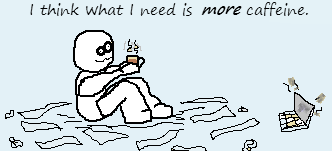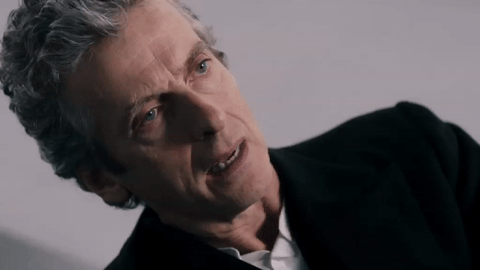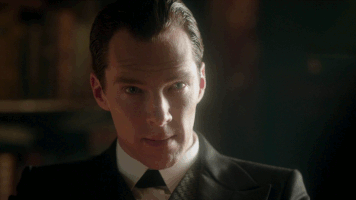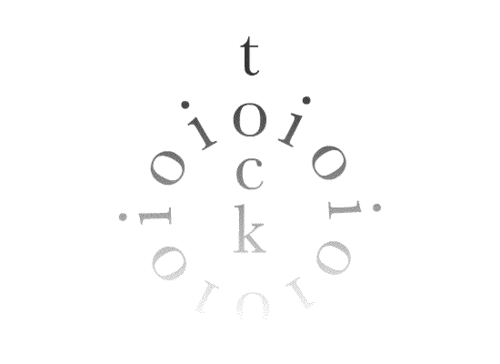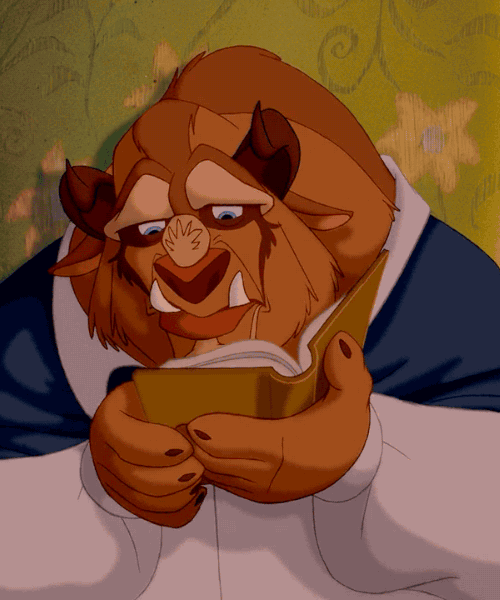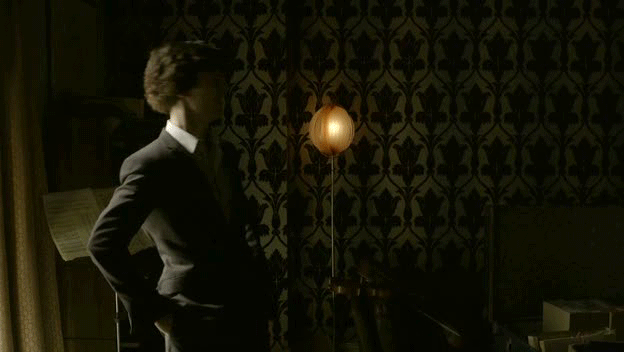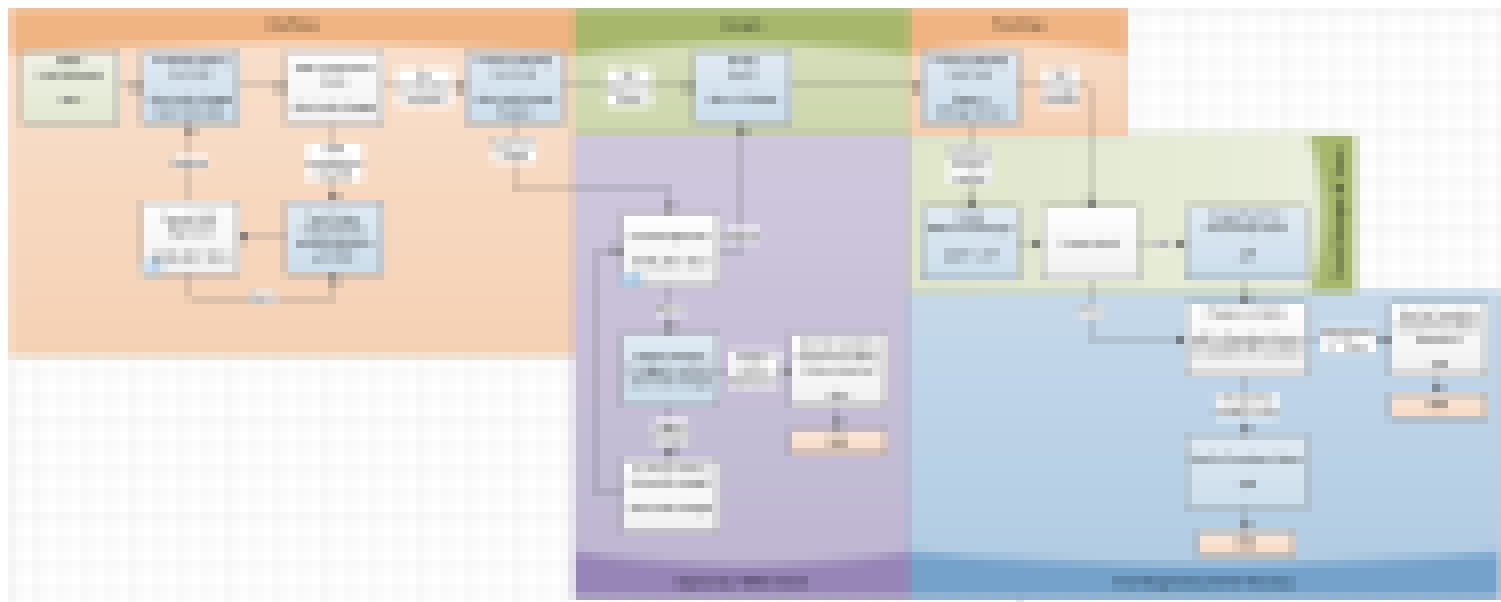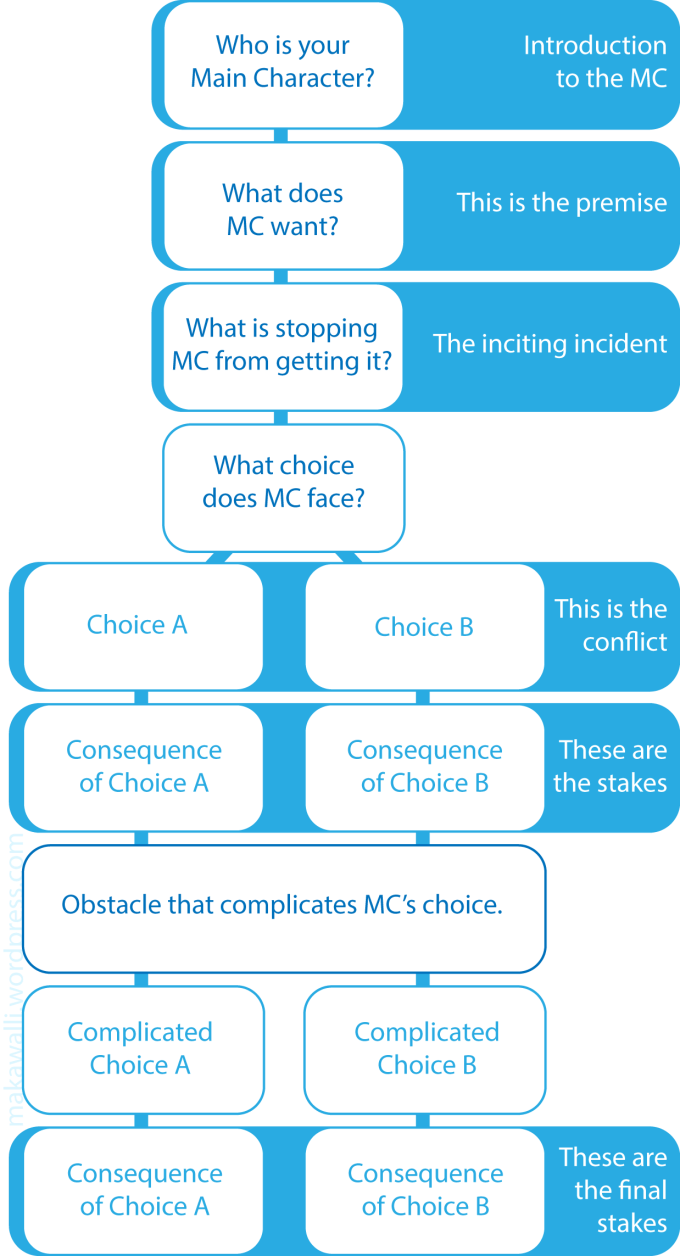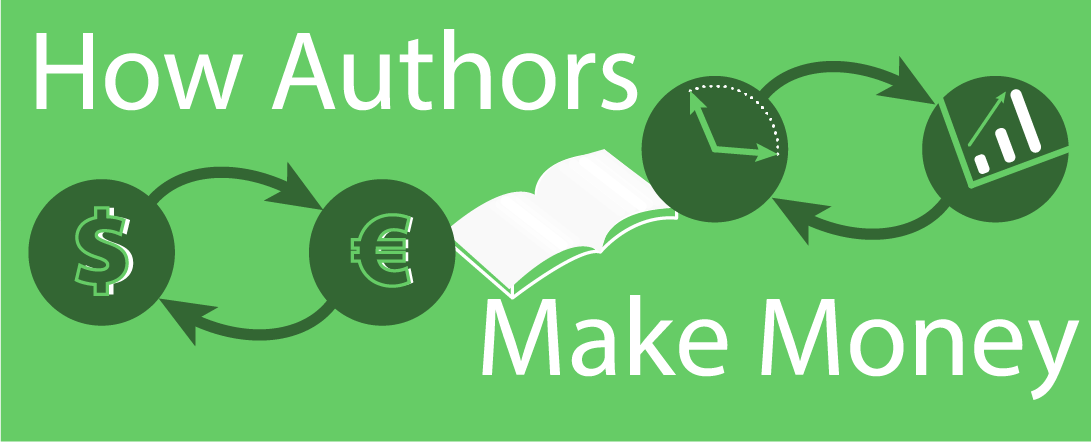
You’ve written a book. You want to make money. Here’s how. A lot of people talk about how advances and royalties work, but there’s more to it! (Note: Most of this will be described as if you are getting traditionally published (aka the literary agent and publisher route), but it ALSO applies to non-traditional routes such as self-publishing.)
- Advance & royalties
- Selling foreign rights
- Selling movie rights
- Selling merchandize
- Paid appearances
- Online presence and traffic
- Tax deductions
Advances and Royalties
I could do a whole post on advances and royalties. But here’s a quick and simple guide. An advance is money the publisher gives you upfront. Royalties are monies earned over time as the book sells copies. However, you only start getting royalty payments once you’ve earned royalties equal to the amount of the advance. They’re the same method of earning money (selling books), but it’s just a question of when you get the money. And if you don’t earn enough royalties to equal the initial advance amount, don’t worry. You don’t have to pay it back.
One thing to note about advances and royalties, as well as foreign and movie rights below, is that any money made from this will exclude a commission paid to your agent. Their job is to help you sell, so they get a cut of the profits.
Selling Foreign Rights
Your contract with your agency will state that your agency will help you sell not only your book to a publisher in your own country, but also to publishers in other countries/languages. If this happens, you’ll get paid the same way as above: an advance and royalties. The payments typically go through the agency, which takes care of any conversion concerns and commission/credits incurred by your agency. For example, if your agency pays money to ship your manuscript overseas, that money will come out of the next paycheck you get. (Take note of this for the tax section later!)
Selling Movie Rights
Selling movie rights is a bit different than foreign or publish rights. Firstly, it doesn’t come with an advance or royalty. A producing company will pay you for the rights to your book. These rights typically come with a time limit, which means it may expire after a certain amount of time. This is why buying movie rights is actually called “optioning the rights.” For example: “Studio X has optioned Awesome Book.” This means that the studio now has the ability to make a movie if they want to. The author gets to pocket this money (via their agent who takes their commission). And then if the option expires, it can be sold again. This is because studios typically buy up a lot of options but don’t necessarily make the movie for a lot of different reasons (for example if the book doesn’t end up doing well or if the right director or actors don’t come together).
Selling Merchandize
If you have a great quote from your book or you’ve made some additional art or swag, you can sell these! You might not have a big audience for the merch, so not a lot of authors do this. Many others make swag and give it away for free as part of preorder campaigns to entice readers to preorder their book. And the authors pay for this swag out of their own pocket and don’t make a profit. But that doesn’t mean it isn’t an option! You’ll have to look carefully at your book contract though, because your publisher may have also bought merchandizing rights along with the book rights. But if you’ve maintained them, there’s no reason you can’t look into it as an option to make some more money.
Paid Appearances
Once you have a book out, you can work to schedule appearances. If these are at schools, events, conventions, or stores, you can set it up as a paid appearance. It may be a signing, a reading, or a speech. In most cases, the author is responsible for setting these events up, though you may end up working with your publisher if you want to take some of your books to sell.
If it’s an appearance at a book store, you can call (several months ahead of your visit) to make sure they will have stock of your book. Then, if the event is marketed and attended well, you may make some money by selling your book! A lot of book signings though, especially early in an author’s career, are rather small and don’t have a significant profit, if any. And your publisher may or may not help set up these events.
This is where business acumen and networking come in handy. You should be encouraged to connect with local booksellers and librarians, and schools if that’s an appropriate audience for you.
Online Presence and Traffic
This, like merchandizing, may have a smaller audience or range of effect. And you’ll want to think twice to make sure it’s a good path for you. If you have an online presence (like a website or a YouTube channel), you can consider monetizing it by selling ads. If you do this, you’ll want to be careful about what types of ads are running on your content. When you become an author, you’re building a brand. And with your online platform, the wrong ads can reflect poorly on you as a creator.
Tax Deductions
First things first: getting a tax deduction isn’t the same as making money–it just means that you get to skip paying tax on some things, so it effectively costs less for something. So, deducting taxes doesn’t MAKE you money, but it does SAVE you money. It feels appropriate for this list about making money.
Remember the commission you pay your agent on advances, foreign rights, and movie rights? You don’t have to pay taxes on that commission, because it isn’t money that you are netting.
Money you spend on merchandizing, whether it’s something you sell or give away for promotion? That cost can be deducted as well! Travel to and from paid appearances? Some of that cost can be deducted as well. The cost of maintaining your website domain or paying for designers to work on it… these can be deductible as well.
Being an author and publishing books is a business, and you should do your research about what is and isn’t deductible, because you could save a lot of money! I really want to stress the research side of this though, because it could be easy to deduct a cost you’re not supposed to, or to deduct 100% of something when you only use it for business reasons for a percentage of the time.
